A beautiful pact with the birds
Have you ever thought that the birds flying outside the window may be the small neighbors in your life? They wake us with birdsong in the morning and whisper with the wind at dusk, quietly bringing a unique warmth and color to our lives. But these elves can also encounter problems and face health challenges. What can we do as members of the community who share the sky with them? Today, let's talk about how to make our feathered friends healthier, happier, and continue to fly freely in the blue sky.

Daily watch: Common bird health signs
In the bird world, there are some small health problems that we can help prevent. Understanding their health signals is an important "skill" for us to protect birds:

· Bird flu: It may sound strange, but bird flu is like a "flu" to many birds. Birds with the disease may show shortness of breath, lethargy and immobility. Regular monitoring of a bird's vitality and breathing can help us spot abnormalities in time.
· Parrot fever: Does that sound special? It is a disease that birds such as parrots can carry and occasionally infect humans. When the bird has fluffy feathers, decreased vitality, increased eye discharge and other symptoms, it needs extra attention. Providing them with a clean living environment is also protecting themselves and their health.
· Newcastle Disease: This most dangerous disease in birds can cause neurological abnormalities, such as body tremors and the inability to stand properly. In order to protect against such highly contagious diseases, vaccination is the best protection against them!
A safe Home for birds: Prevention and environmental cleanliness
Sometimes, simple prevention can lead to longer health for birds. Here are a few simple but effective tips:
· Vaccinations: Take your birds to get their annual vaccinations, just like vaccinations for your children. This not only helps the individual birds, but also prevents some diseases that can spread quickly.
· Clean the bird's cage and water feeder: Do a regular "cleaning" of the bird's home to ensure that the water is clean and the food is fresh. Use a special mild disinfectant every time you clean to keep their home clean and fresh.
· Observe new birds first: If you have just picked up a new bird, you may wish to give it some time to adapt, or you can effectively isolate it for a period of time, observe whether there are abnormal conditions, and ensure that you are healthy before getting along with other birds.

Everyday care: Little habits to make birds healthier
Did you know that in the small life of birds, there are some small daily needs! A little more thought in life can make their quality of life better and better health.
· Scientific feeding: Birds like nutritious "healthy meals" just as much as we do. Seeds, fresh fruits, nuts and so on are their favorites, but also avoid providing high salt, high sugar snacks, these foods are not good for the bird's health.
· Physical examination and health observation: Check your bird's feathers, appetite, and mental state from time to time to make sure they are in good health. If conditions permit, take them to the vet for regular checkups to detect potential health problems early.
· Mental health: Birds have emotions too! Many birds love to interact and play, so providing them with small toys or spending some time talking to them can help keep them happy and healthier!

Tech helper: The intimate function of the smart bird feeder
On the go, there are a few tech helpers that can help us take better care of our birds' health. Now there are many smart bird feeders on the market, which can automatically feed to ensure that birds can eat healthy food on time every day. Some devices can even record the birds' eating data, which can help us understand changes in their appetite, weight and other states. If you are also a "busy shovel officer", you might as well give it a try!

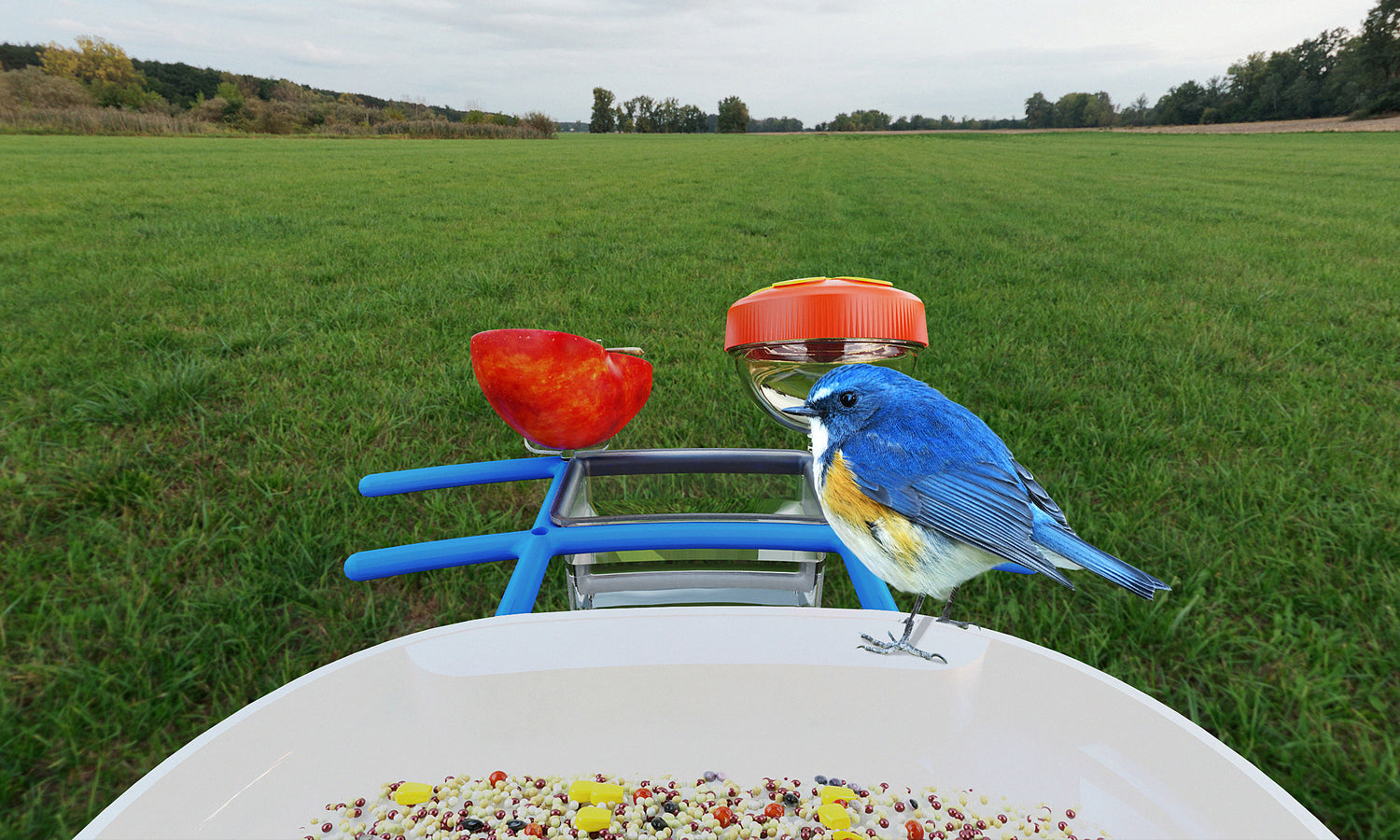
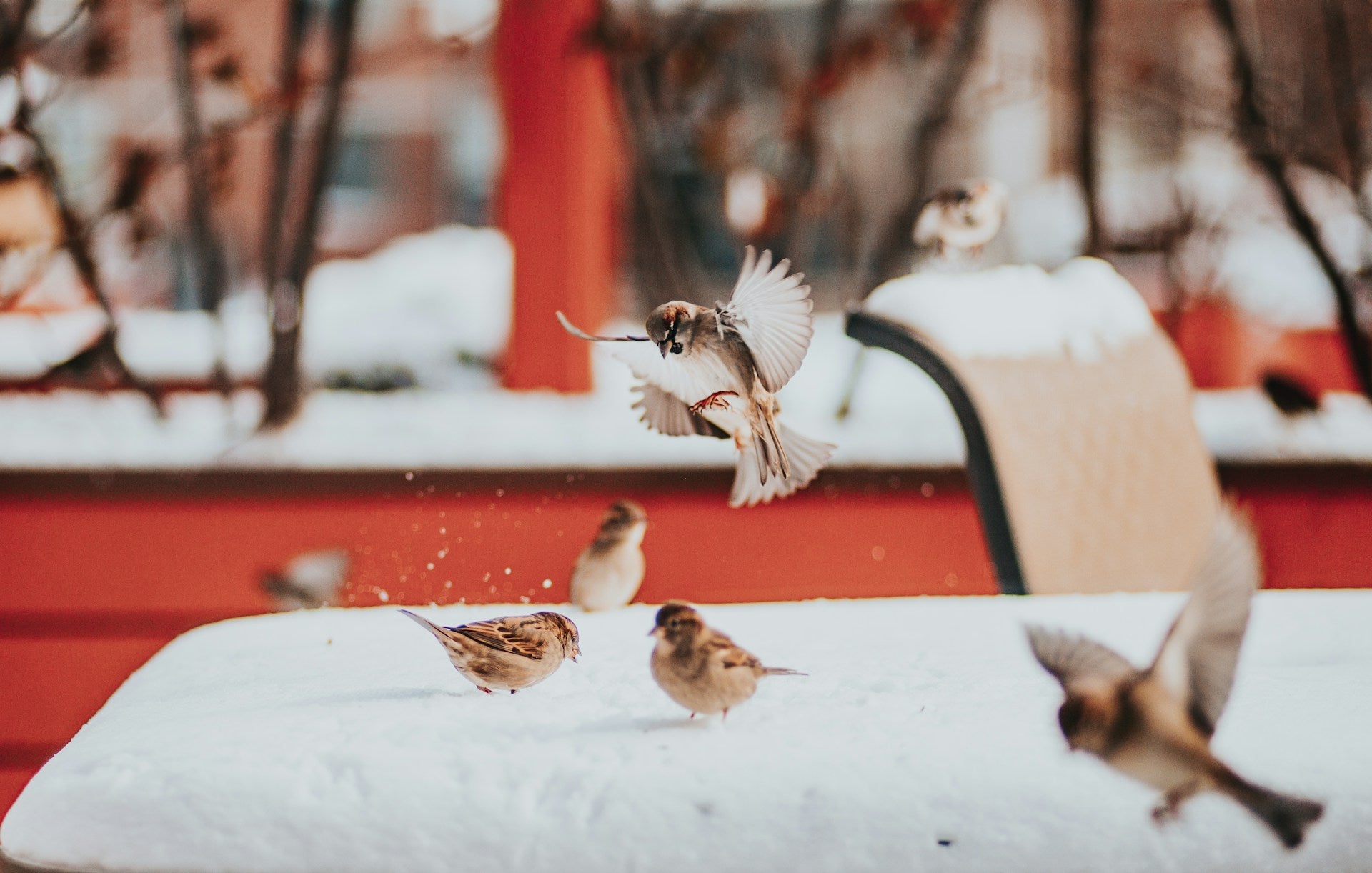
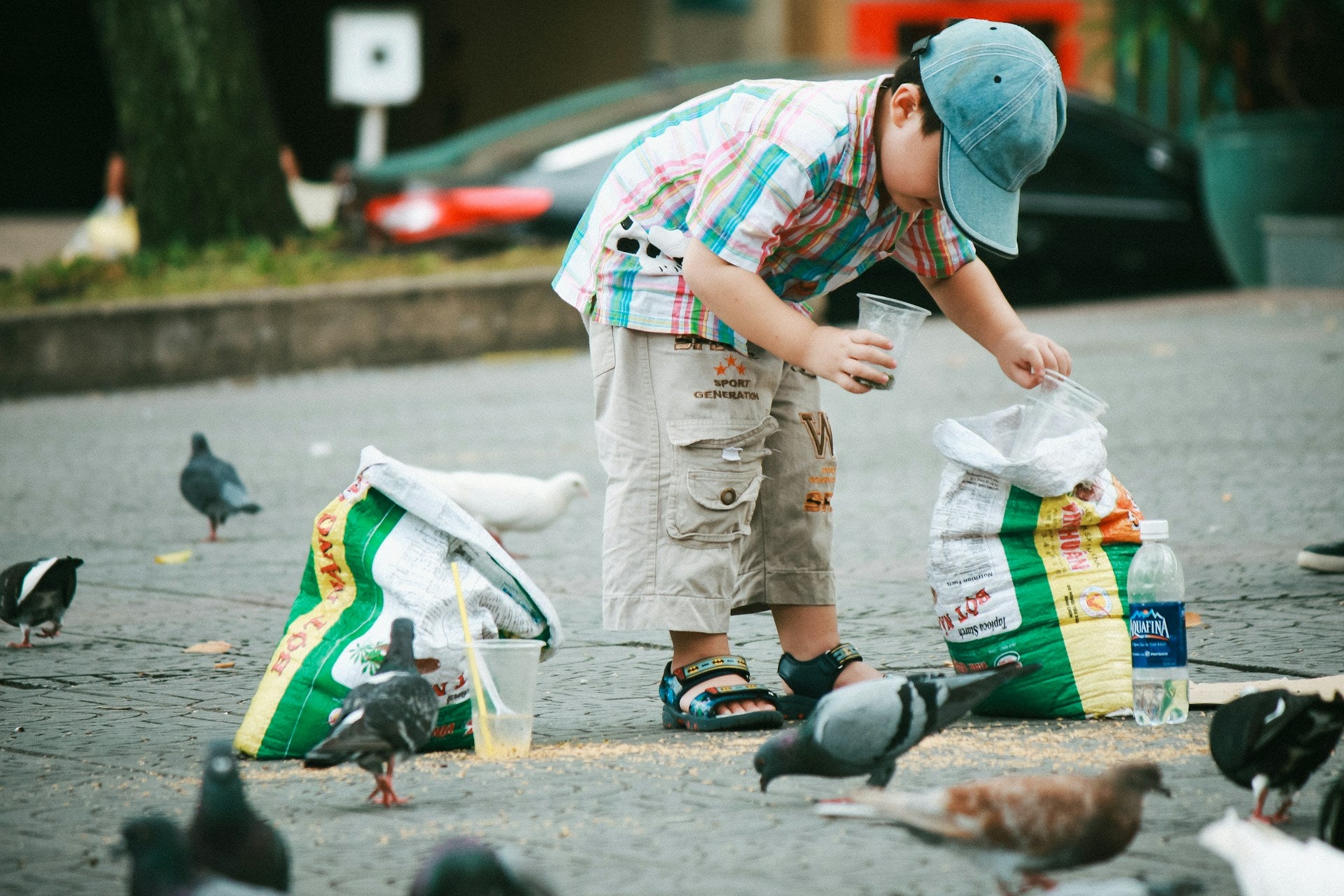
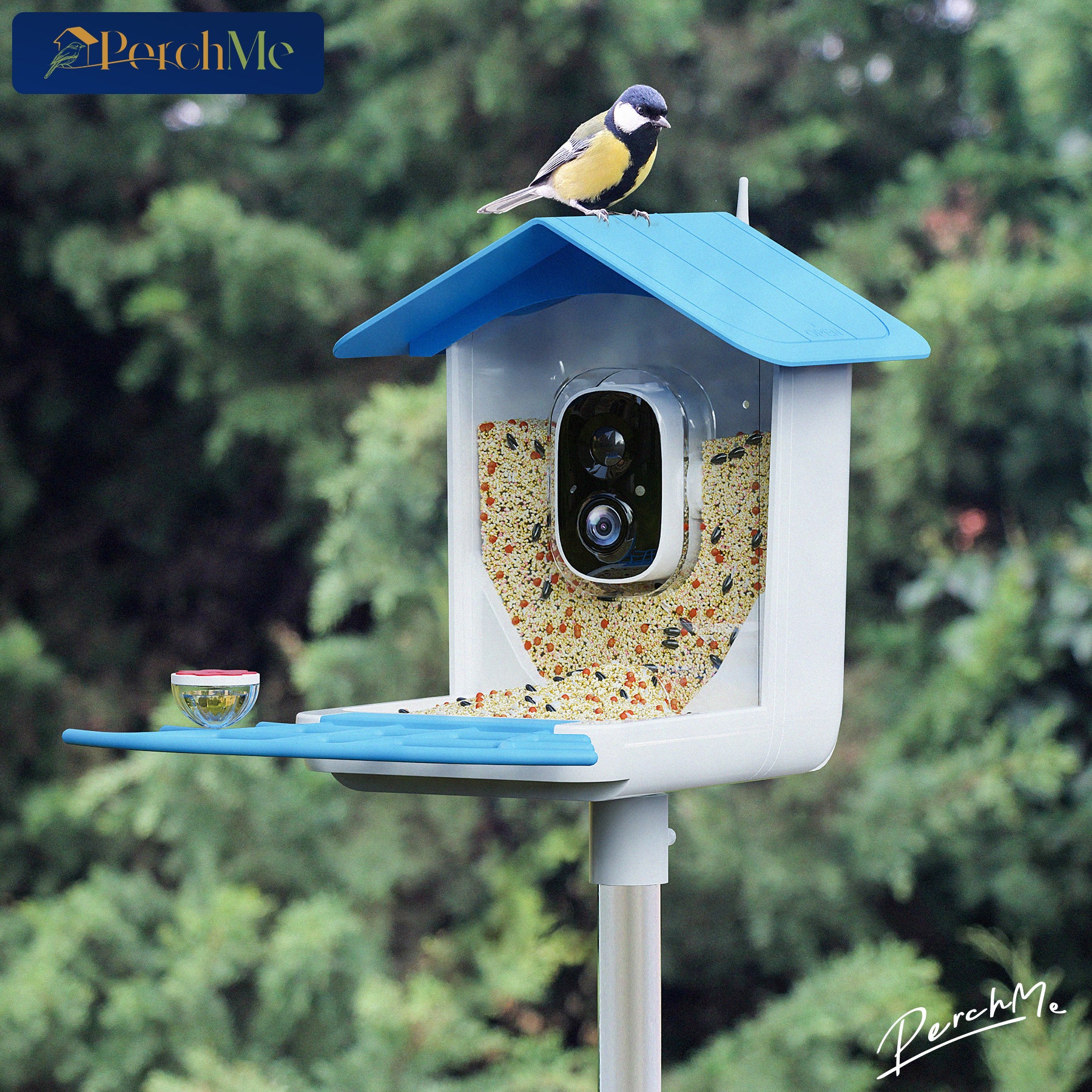
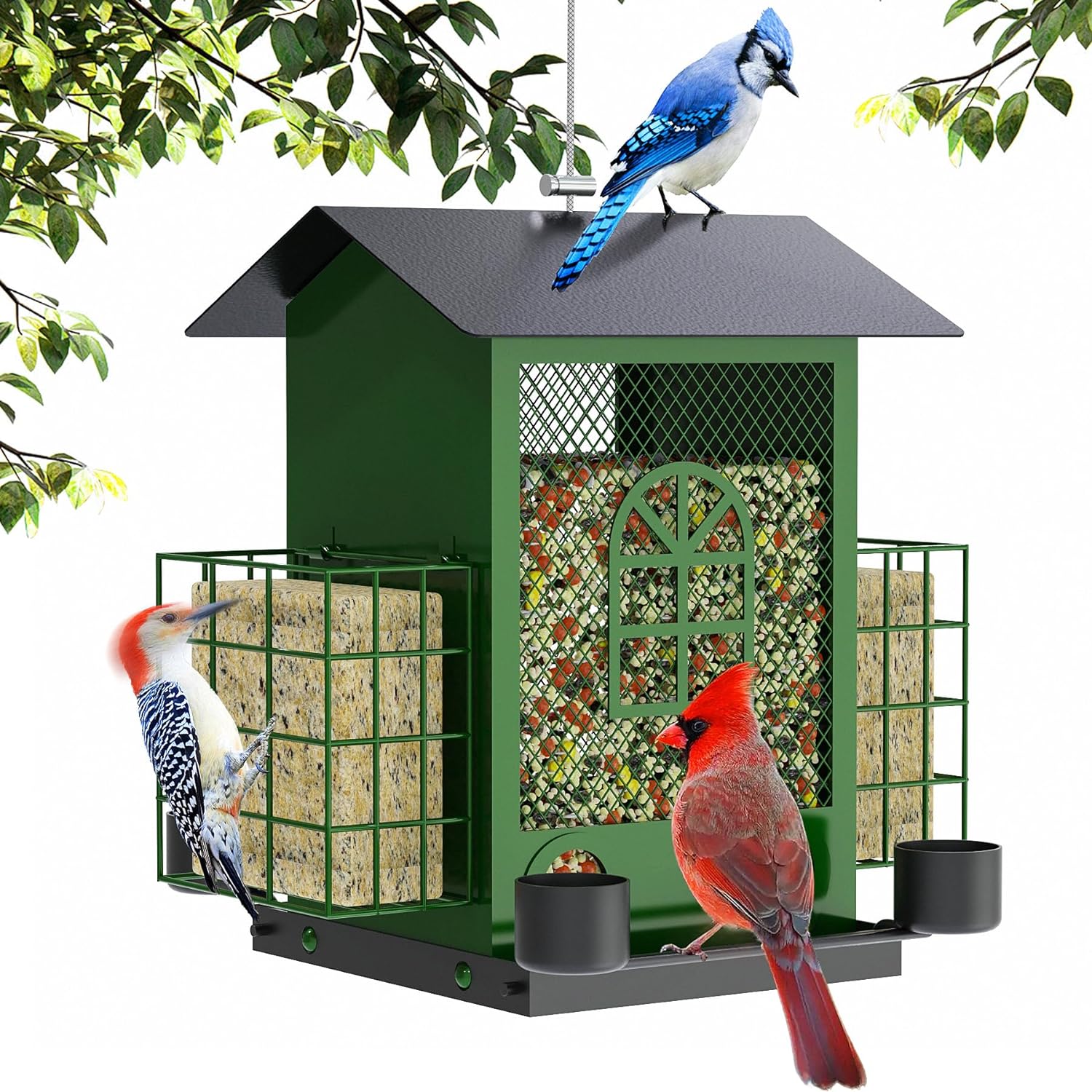














Leave a comment
All comments are moderated before being published.
This site is protected by hCaptcha and the hCaptcha Privacy Policy and Terms of Service apply.